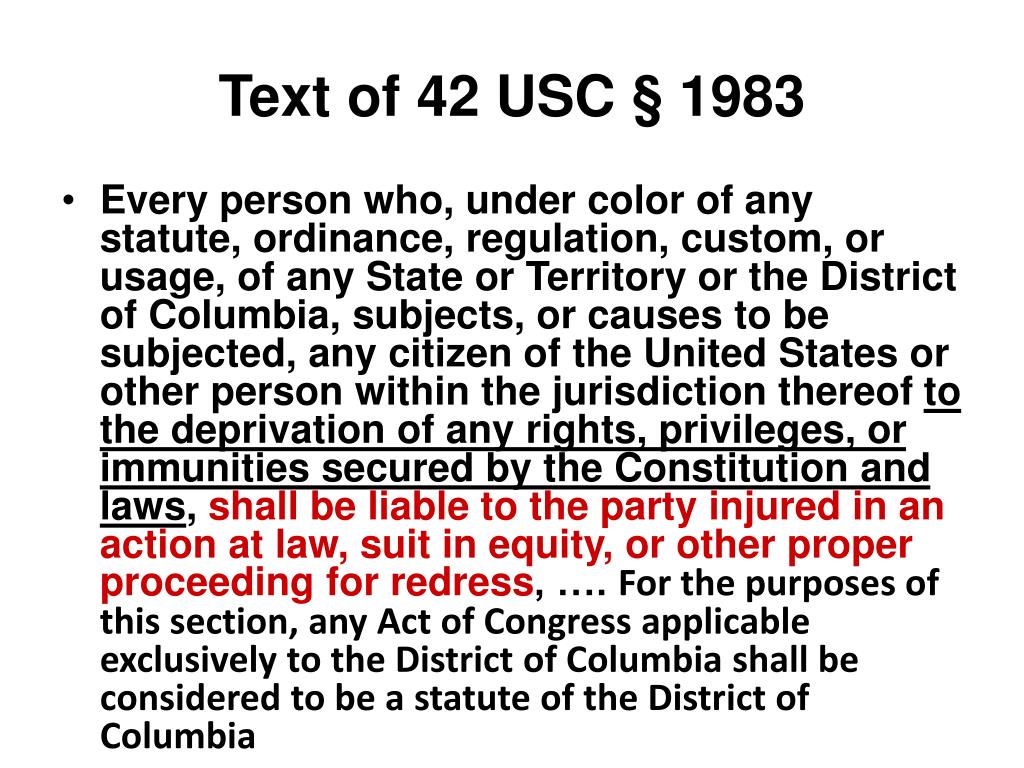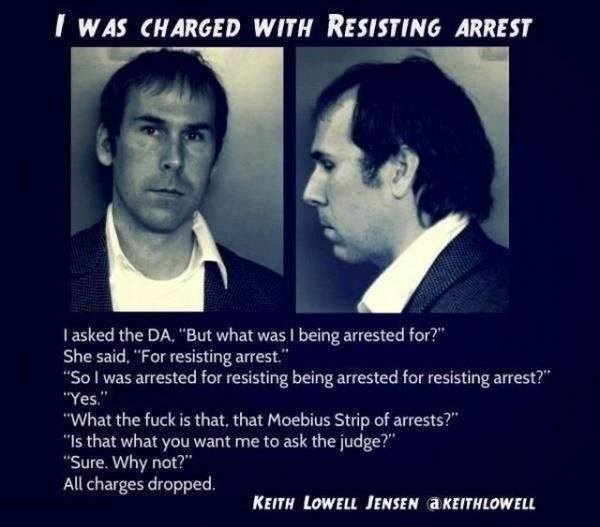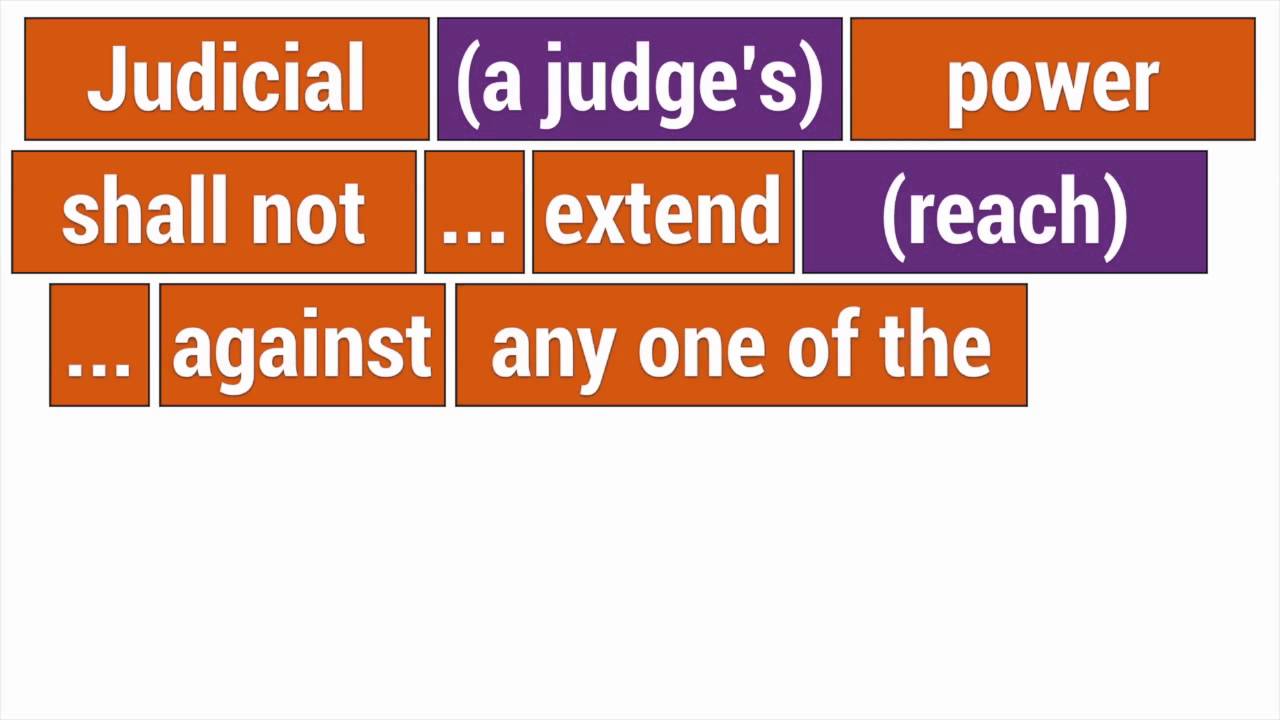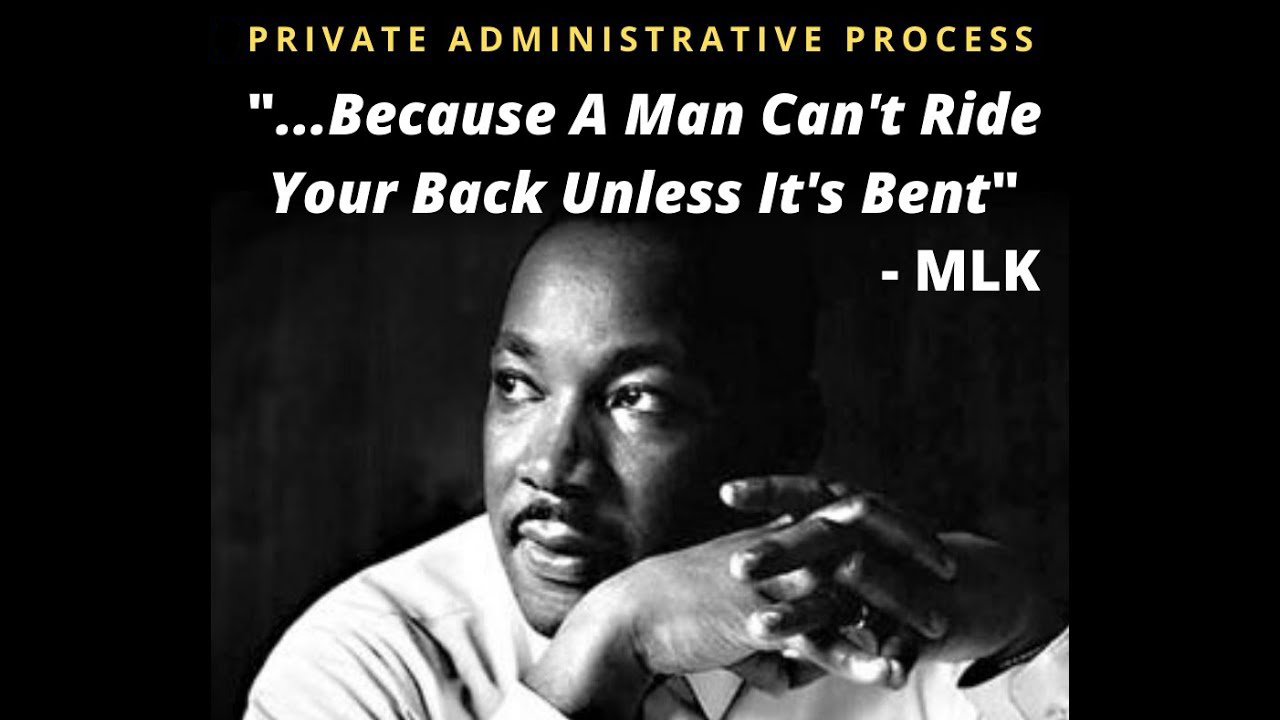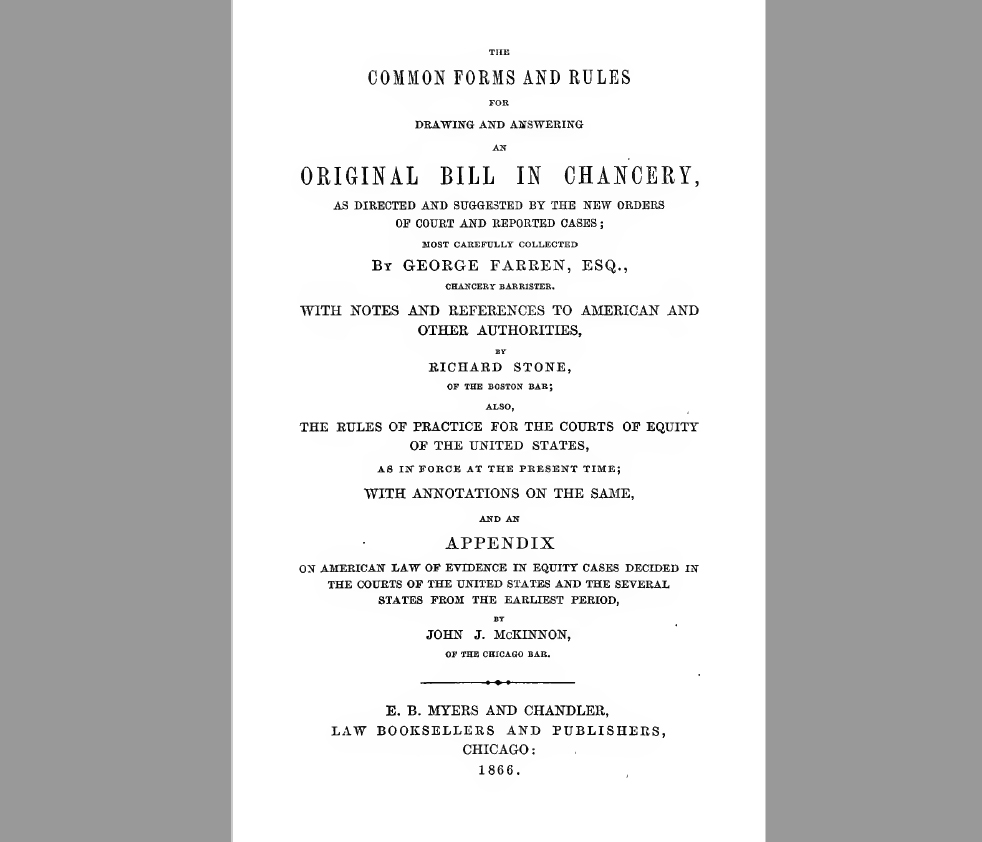Color of Law
"Colorable" means "That which is in appearance only, and not in reality, what it purports to be, hence counterfeit feigned, having the appearance of truth." Windle v. Flinn, 196 Or.…
Resisting Arrest?
There is no such crime as “resisting arrest” when the supposed arrest is unlawful. This is a fictitious crime dreamed up by law enforcement to accuse a citizen of a…
UNITED STATES rules and regulations only apply to “PERSONS”!
“The Official State Office Known As “PERSON” This is the single most important lesson that you MUST learn. If you spend an hour to learn this material you will be…
“We The People” have 11th Amendment Immunity!
Most people are unaware that “We the people” have 11th Amendment immunity! 11th Amendment Immunity1.) The 11th Amendment under the US Constitution reads as follows: “The judicial power of the…
Private Administrative Process
The current commercial process in the world today is a game, is created entirely in the realm of FICTION, operating as private law and private contract between legal fictions, i.e.,…
The “HOPE†Experiment
The “HOPE†Experiment :During a brutal study at John Hopkins University in the 1950s, Harvard graduate Dr. Curt Richter placed rats in a pool of water to test how long…
Lessons in HONOR AND DISHONOR
Why is a judge referred to as Your Honor? – It’s because he/she is weighing who is before him/her and remaining in honor . . . like a mirror and…
Drawing and answering an original bill in chancery
I hope you choose to accept this free equitable gift, from me to you. Over 160 year-old book. A rare find indeed. To get the book, “right-click” on the link…
What to do When the Towing Company Steals Your Car
I am sure we have all been concerned about getting our personal property stolen by the police, what do you do when your car is stolen? The following letter is…

